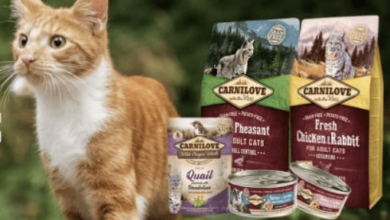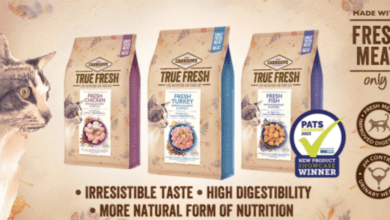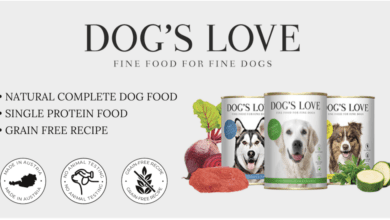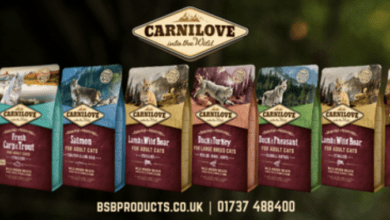Can or carton? Pooch & Mutt’s response
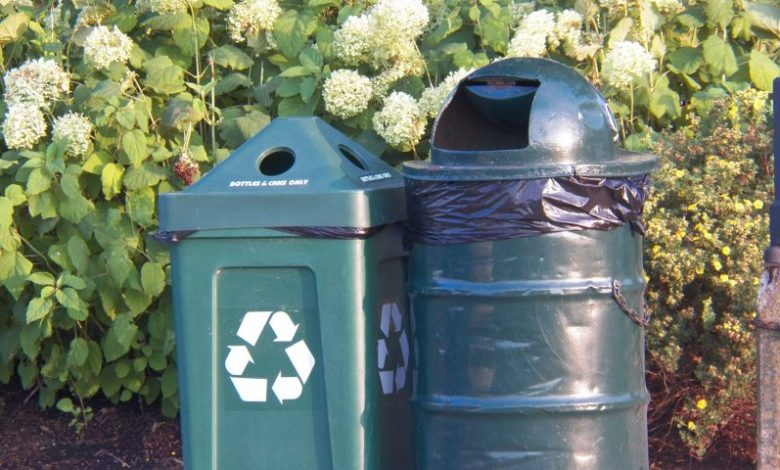
The word revolution dates back to when Nicolaus Copernicus proved that the Earth revolved around the sun, and not the other way around, as the church believed. ‘Revolutionaries’ were people who believed in Copernicus’ work, and that the Earth wasn’t the centre of the universe.



